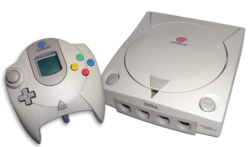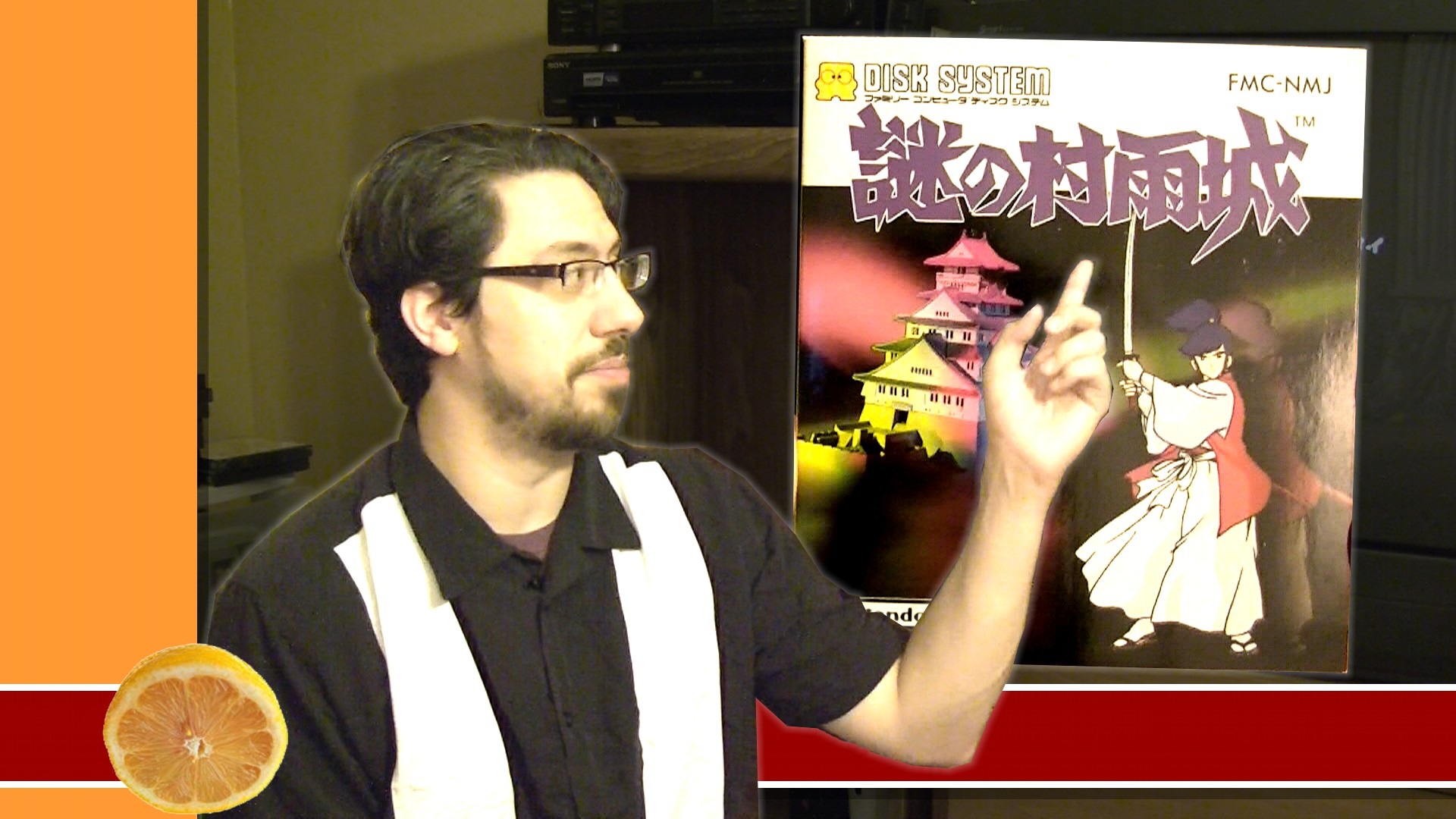10 Years of Dreamcast
by Sindra, filed in Games on Sep.09, 2009
 Today marks the 10th anniversary of the release of the Sega Dreamcast on 9/9/1999 – the very first released of the sixth generation of gaming consoles. As the last console developed by Sega, we’ve got a bit of a tribute to the ill-fated awesomeness that was the Dreamcast.
Today marks the 10th anniversary of the release of the Sega Dreamcast on 9/9/1999 – the very first released of the sixth generation of gaming consoles. As the last console developed by Sega, we’ve got a bit of a tribute to the ill-fated awesomeness that was the Dreamcast.
The successor to the Sega Saturn, which sadly didn’t have the market or games selection in America that it did in Japan, the Dreamcast was developed by Sega as a means to compete with the market created by Sony’s Playstation and the Nintendo 64. Launched with big-name titles such as Soul Calibur and Sonic Adventure, and being the first to offer online interactive play, helped make the Dreamcast an initial hit. I remember going over to my neighbor’s house to play House of the Dead 2 on his Dreamcast, as it was the only console at the time to feature the game. The Dreamcast set goals of washing the bad taste left behind in the mouths of gamers by Sega with the 32X and Sega CD. Initially, this seemed to be a reality, with sales records being made soon after launch.
Sadly, as we all know, the Dreamcast’s moment in the spotlight was incredibly short-lived, to the point very few actually remember it being on top. Sega had made the mistake of holding off the release of the Dreamcast in order to build up hype, which proved to be its downfall, as the even more anticipated Playstation 2 was to be released a year later and most gamers saved their money for the PS2 with its built-in DVD player and backwards compatibility rather than buy Dreamcast games. Sales dropped significantly, prompting Sega to prematurely halt production of the console. After the release of the PS2, and the impending releases of the equally-hyped Xbox and Gamecube consoles, the Dreamcast was left in the dust in favor of it’s newer 6th-gen cousins. Sega pulled production of the Dreamcast entirely, a year and 1/2 after the console’s release – the final tally being just over 10 millions units sold with 688 official game titles. Sega switched the focus to developing games, and stated it had no desire to pursue creating any consoles for the future. This marked the end of Sega’s existence as a big-name for anything other than game production, most of the 3rd-party variety.
Regardless, the Dreamcast made its mark in the history of gaming, just as the Genesis had done before it. Though it only had a short time to prove itself worthy over it’s predecessors, it still pioneered many of the aspects of gaming we take for granted today. So we salute you, Sega Dreamcast. You may have been a flop, but you were a superb flop and we love you for it.



 PS3
PS3
 Famicom Dojo
Famicom Dojo KEEP PLAYING
KEEP PLAYING KEEP PLAYING: Rewind
KEEP PLAYING: Rewind Powet Toys
Powet Toys Powetcast
Powetcast Hitchhiker's Guide POWETcast
Hitchhiker's Guide POWETcast














